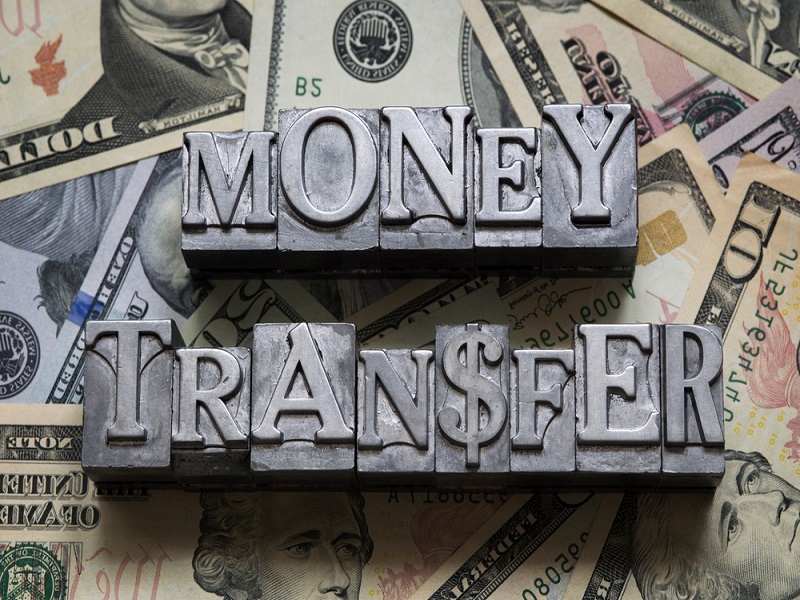Bitcoin has always been touted as the go-to solution for payments and finance in unbanked and underbanked regions of the world. Especially where African countries are concerned, Bitcoin could do a lot of good for everyday citizens. Up until this point, Bitcoin adoption has been fairly low, but a new debate has been sparked in Kenya that might make the country the next digital currency hub.
Also read: Is BIP 202 The Bitcoin Block Size Solution Everyone Can Agree On?
Bitcoin To Become Big In Kenya?
As you would come to expect from any debate regarding Bitcoin and digital currency, the lack of regulation and oversight is a thorn in the side of government officials. However, it’s not just the government that remains wary of Bitcoin, citizens in Kenya are not too keen on digital currency either, despite its lower transaction costs.
Bitcoin has been around for nearly seven years now, and it has taken regulators and legislators this long to finally realize digital currency is here to stay. These people are stuck in a traditional way of thinking that doesn’t account for innovations such as cryptocurrency. However, Bitcoin regulation is being worked on in various countries around the world.
Additionally, there is the overall concern regarding Bitcoin being used by criminals for nefarious activity. At the same time, government officials should be more concerned with the anonymity of fiat currency, which has been funding terrorist attacks for decades. Contrary to popular belief, Bitcoin is not as anonymous as fiat currency. Bitcoin does offer a great deal of pseudonymity but once the link is made between a bitcoin address and it’s owner, all anonymity flies out the window.
Bitpesa co-founder Elizabeth Rossiello stated:
“We sell Bitcoins for Kenyan shillings and we buy it for Kenyan shillings. There’s no law in Kenya, nor anywhere in Africa, that states bitcoin or virtual currencies to be illegal, We are a registered company in Kenya that follows the law. We do not engage in illegal activities.”
Bitpesa is one of the companies striving to bring Bitcoin to a mainstream audience in Kenya. Despite only being around for two years, Bitpesa has over 4,000 registered users [at the time of publication], showing a genuine interest in using Bitcoin for legitimate financial purposes.
That being said, there remains one major downside to using Bitcoin, and that is the digital currency’s volatile nature. Most Bitpesa users are forced to convert Bitcoin transfers to fiat currency immediately, as they don’t want to risk on losing money by holding onto their bitcoins. This issue has been rectifying itself over the past year, though, as the Bitcoin price has remained nearly flat for an extended period of time.
The Numbers Don’t Lie – Bitcoin Is Cheaper
Regardless of how one feels about Bitcoin, there is no denying that traditional financial services are far too expensive. Sending a bank transfer to Africa is subject to fees as high as 12%, whereas sending the same amount through Bitpesa has a fee of 3%. Even for smaller amounts, this different fee structure is well worth considering.
To put these fees into perspective, the World Bank pays US$110m in fees every year when it comes to remittance transfers sent to Kenya. Considering how a total of US$1.3bn is transferred to Kenya on a yearly basis, nearly 12% of that money is wasted on fees paid out to banks and other financial institutions. Not only are Bitcoin transaction fees a fraction of the current fees that banks charge for wire transfers, but bitcoin offers financial services which are impossible to achieve with traditional currency. Services such as trustless escrow, multisig, OP_HODL, and much more are not possible with government issues currency.
Source: Voanews
If you liked this article follow us on twitter @themerklenews and make sure to subscribe to our newsletter to receive the latest bitcoin and altcoin price analysis and the latest cryptocurrency news.



